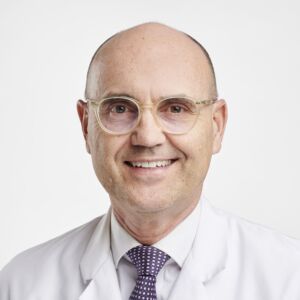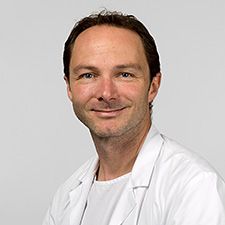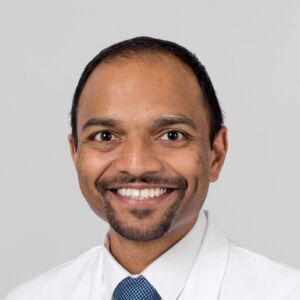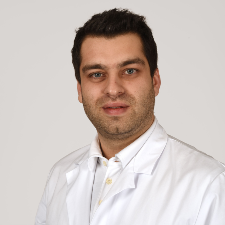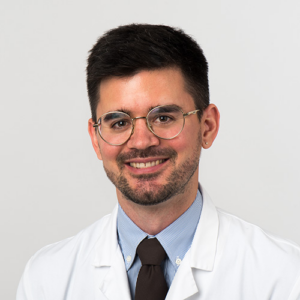We have a state-of-the-art MR and a combined PET/MR device at our Wagi site in Schlieren to carry out cardiac examinations. MRI is particularly suitable for
- Assessment of the morphology and function of the heart
- Diagnosis and assessment of genetic and acquired diseases of the heart muscle such as arrhythmogenic right ventricular cardiomyopathy (ARVC), dilated cardiomyopathy (DCM), hypertrophic cardiomyopathy (HCM) and many others
- Identification of vital and scarred heart muscle tissue after a heart attack
- Assessment of the functionality of the heart valves (stenosis insufficiencies)
- Detection of inflammation of the heart muscle and pericardium (myocarditis and perimyocarditis, Figure 6)
- Assessment of cardiac storage diseases (e.g. iron overload, Fabry disease, etc.)
Finally, cardiac MRI can also be used to assess cardiac perfusion, especially when SPECT or PET are not an option.
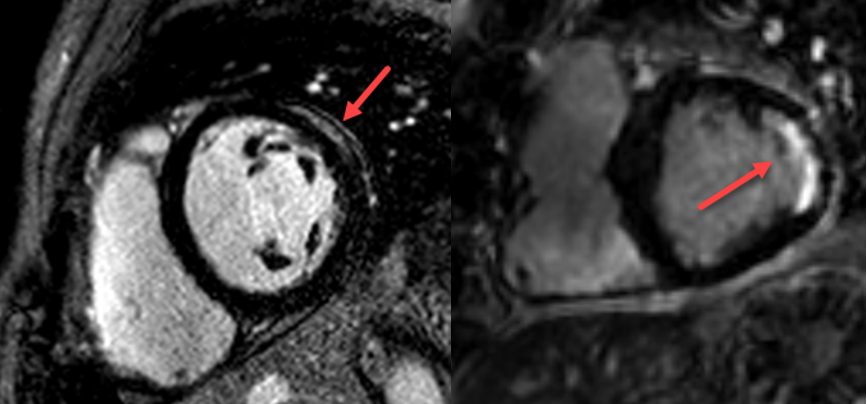
35-year-old patient with unclear chest pain. The late images after administration of contrast medium show a persistent accumulation in the outer part of the myocardium (bright area, red arrow), corresponding to a circumscribed scarring as a result of myocardial inflammation. In contrast, the other parts of the heart muscle remain black and are therefore not affected. Right: 70-year-old patient with coronary heart disease and bypass surgery. Here, the late images after contrast medium also show a persistent accumulation, but in the inner part of the heart muscle (bright area, red arrow). Corresponding to scarring after a heart attack. It can also be seen that the scarring does not extend to the outermost parts of the heart muscle, so the scar is not transmural.
Please note that a cardiac examination using MRI in Schlieren is not possible if you have a pacemaker or implanted defibrillator. Patients must also not suffer from claustrophobia (claustrophobia). If you have any questions, please give us a call.
Due to the variety of modalities, it is not always easy to choose the optimal imaging for the individual patient. Please do not hesitate to contact us directly if you have any questions or uncertainties (direct medical hotline via +41 44 255 15 01).
